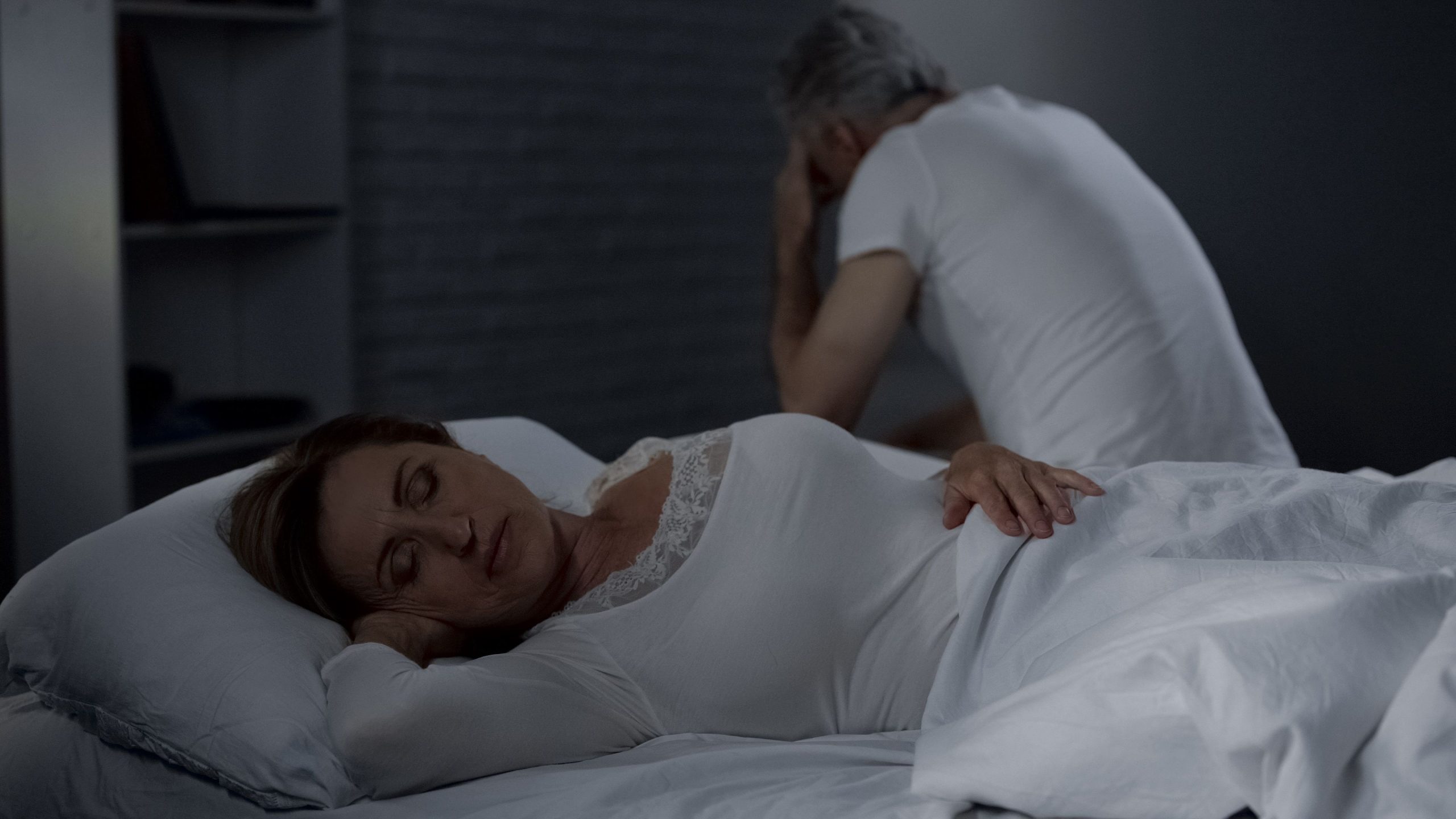The numbers brought to light by the BBC yesterday are horrifying. In Wales, those living with dementia represent more than one in five Covid-19 deaths.
Talking to the BBC, Ceri Higgins’ from Tonteg in Rhondda Cynon Taff, who lost her 82 year old father in April, said that she had “lots of questions going through my head every day”. Unable to see him in hospital because of the lockdown restrictions, she said “We felt like our lives were out of control because we couldn’t have any input really into what was important to him and to us”.
After her father died Ms. Higgins started volunteering for a service that offered companionship by phone for people living with dementia. She said “This is about basic health-support needs. People who are isolated, losing key skills, potentially not seeing their families, not being stimulated”.
“We need to stop and take a few minutes and say, ‘look, before we move on, we need to understand what’s happening to people with dementia’ and we need to do that now because, for many, it’s going to be too late.”
The latest Office for National Statistics (ONS) report shows that of the 2,450 Covid-19 related deaths in wales 543 had dementia or Alzheimer’s disease. It is by far the main pre-existing condition associated with Covid-19 deaths being more than 2 times higher than lung disease or blood flow problems.
In England 25% of Covid-19 deaths, in the quarter ending June, had been in people with dementia. A recent ONS report on death registrations revealed a 52% increase in ‘excess deaths’ of people with dementia across Wales and England.
These numbers clearly show that those living with dementia, and those caring for them, need a lot more support to be able to navigate through either the next wave of covid-19 or the next crisis that may come along. Much has already been done to provide support, however our silent army of carers – be they family or loved ones – feel that support is lacking, especially in the evening and overnight.
TheBoldAge carried out a survey in July to better understand the subject of support and the findings were illuminating to say the least.
The key results identified the following:
•60% of the respondents were family carers or concerned loved ones
•63% have had an occasion when they have either wanted or needed to use an out-of-hours dementia helpline
•85% are more than likely to make use of a 24 hour 7 days a week helpline
•86% of respondents felt more alone with their problems and anxieties during the evening and
overnight
•88% would use a helpline in the evening or overnight, if available
•74% of respondents have felt vulnerable with no-one to turn to
•76% of those feeling vulnerable and alone with no-one to turn to were family carers, loved ones or those living with dementia
•32% of respondents have not found their GP helpful at all. With 51% of respondents finding their GP to be moderately helpful.
The full report can be downloaded at the link [**here**](https://www.theboldage.com/dementia-24-7-survey)
Commenting for TheBoldAge, Nigel Pritchard said “the stupefying statistics from the ONS, the real life experiences, like those of Ms. Higgins, when combined with the results of our own study, show there is a clear and urgent need to establish a 24 hour 7 day a week national dementia helpline and support platform, building on the amazing, day and early evening helplines that are already in existence. “
“The requirement for this type of support is not going to go away given that 2 million people will be living with Dementia by 2050 up from 850 thousand that are living with the condition today.
It is estimated by the NHS that 1 in 3 people in their lifetime will care for somebody with dementia and so much falls on this amazing group of people. The army of carers need this critical support, especially overnight.”
